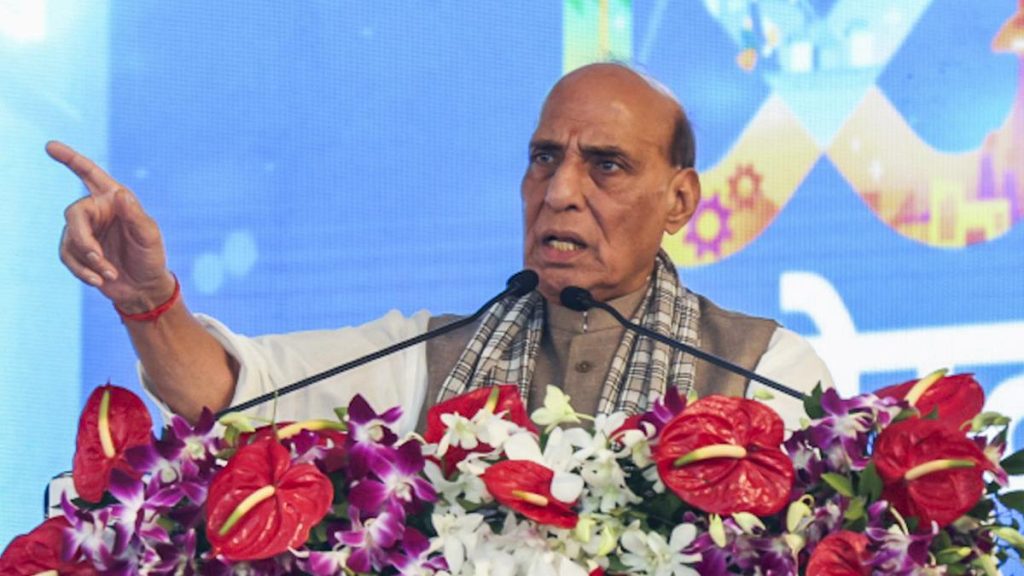Now Reading: India Eyes Black Hole Exploration: Interstellar Mission Possible by 2050
-
01
India Eyes Black Hole Exploration: Interstellar Mission Possible by 2050
India Eyes Black Hole Exploration: Interstellar Mission Possible by 2050

Quick Summary
- Scientists estimate there could be up to 100 million stellar-mass black holes in the milky Way, though much remains unknown about them.
- Cosimo Bambi, a physics professor at Fudan University in China, proposed sending a miniature spacecraft to study black holes and refine Einstein’s general relativity.
- Challenges include finding a black hole closer than those currently known and developing an ultra-light nanocraft capable of traveling vast distances.
- The nearest currently identified black hole is 1,560 light-years away; future discoveries could reduce this distance substantially.
- Potential estimates suggest there might be a yet-undiscovered black hole just 20-25 light-years from Earth.
- Nanocrafts under growth could theoretically achieve speeds up to 90% of the speed of light, enabling such missions within an estimated timeframe of 80-100 years.
- Black holes are considered “ideal laboratories” for studying gravitational fields and physical phenomena at the event horizon.
Indian Opinion Analysis
Cosimo Bambi’s concept for exploring nearby black holes offers intriguing possibilities but highlights critically important scientific hurdles. For India-a country actively participating in space exploration with missions like Chandrayaan and Aditya-L1-such ideas underscore the importance of continued investment in cutting-edge technology for interstellar research.While practical implementation may require decades of advancements globally (especially in propulsion technologies), India’s collaboration with international space agencies could prove beneficial.
Moreover, exploring such concepts reinforces humanity’s broader goal: understanding astrophysical phenomena that govern our universe. If successful,these missions might redefine our grasp on fundamental physics while inspiring global scientific cooperation-an area where India has increasingly made contributions through organizations like ISRO. Yet given its speculative nature today, focus should remain on addressing current technological barriers before contemplating extended interstellar expeditions.























